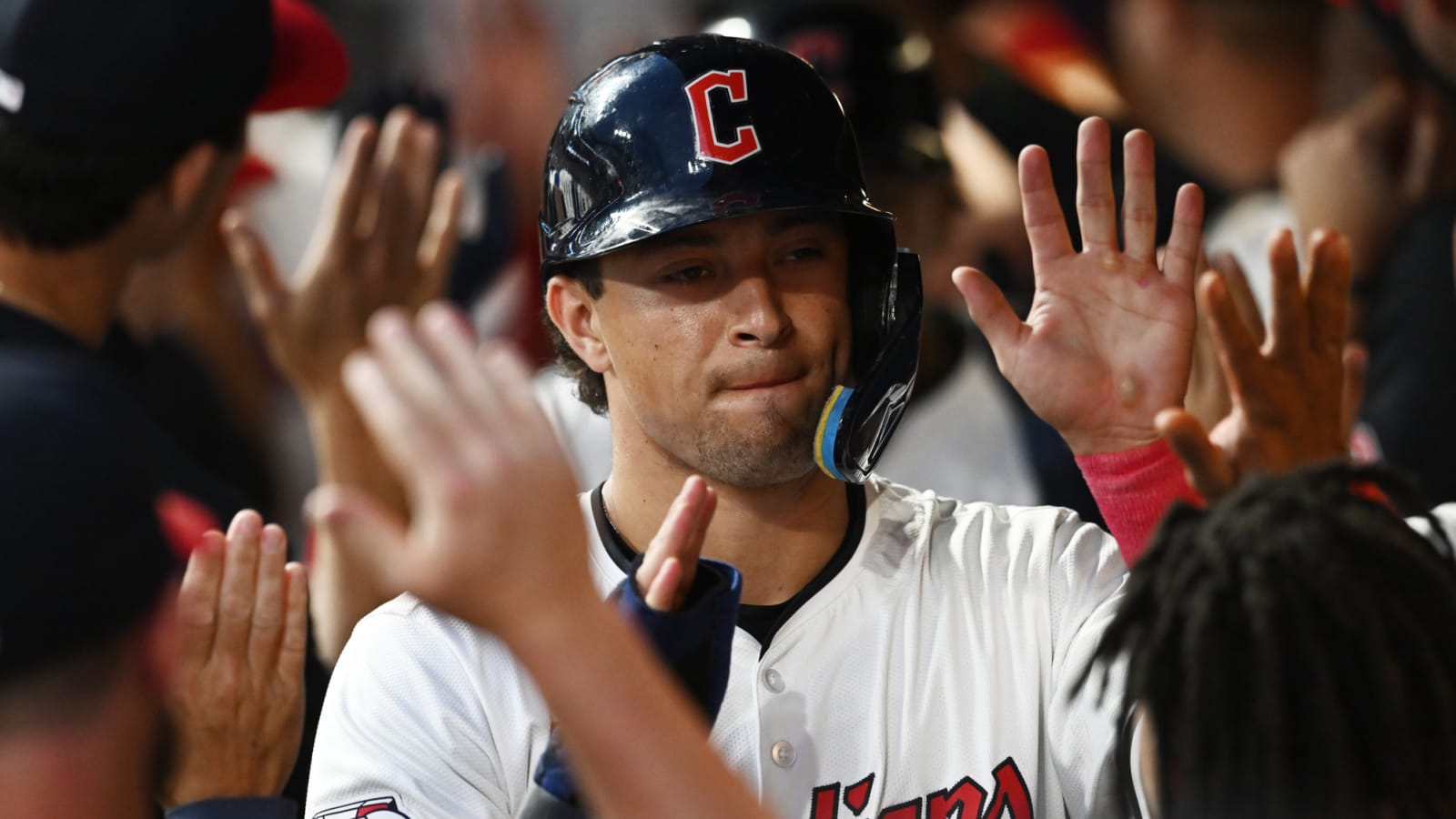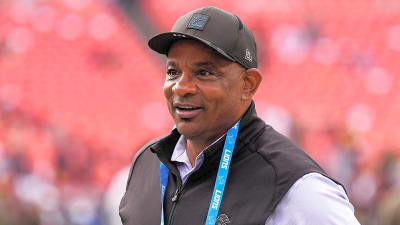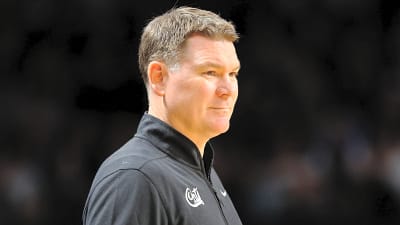
What Tyler Freeman could bring to Rockies in 2025
When the Colorado Rockies traded Nolan Jones to the Guardians for Tyler Freeman, the move raised some questions.
Jones had just come off a breakout season, while Freeman was still trying to carve out a consistent role in Cleveland. But the Rockies weren’t just moving pieces — they were addressing specific roster needs. Freeman offers something this team has lacked: consistent contact, positional flexibility and a high on-base profile.
Freeman’s spring performance before the trade showed flashes of what he could bring to Colorado. He batted .308 with a .413 on-base percentage across 15 games, striking out just five times in 39 plate appearances. That type of contact rate is exactly what the Rockies have struggled to find.
In 2024, Colorado’s offense leaned heavily on boom-or-bust results. The lineup struck out often and failed to create momentum in key innings. Freeman’s game is different. He doesn’t chase power. Instead, he puts the ball in play, stays within the strike zone and gives pitchers tough at-bats. At Coors Field, where putting the ball in play often results in hits due to the ballpark’s size and altitude, this kind of approach can be especially productive.
Freeman isn’t a power threat — he hit just seven home runs last season— but that’s not why the Rockies wanted him. They needed a player who could lengthen the lineup, get on base and avoid giving away at-bats. He does those things well and adds speed, with 11 steals last season.
Defensively, Freeman is equally valuable. Originally an infielder, he made a full-time shift to center field with the Guardians in the first half of last year and handled the position well despite limited experience. He has also logged time at second, shortstop and third. For the Rockies, who are juggling lineups featuring Kyle Farmer, Brenton Doyle and young talent like Ezequiel Tovar, Freeman’s ability to plug in anywhere is a strategic asset.
His likely role with Colorado will be multi-positional. He could split time at second base, spell starters in the outfield and serve as a right-handed bat off the bench. In a season where the Rockies will need to manage workloads and experiment with combinations, a player who can move around and still bring offensive value is a necessity, not a luxury.
Freeman is entering his age-26 season with just enough big league experience to know the grind, but still young enough to grow. His 2024 season ended on a sour note after a late slump and a brief stint in Triple-A, but his strong spring hints at a player with something to prove and a skill set that fits well in Denver.
The Rockies aren’t asking Freeman to be a star. They need him to do the little things: reach base, keep innings alive and provide flexibility across the field. If he can stay healthy and carry over his spring approach, he may quietly become one of the team’s most important players in 2025.
More must-reads:
- National League way-too-early trade candidates
- American League way-too-early trade candidates
- The 'Colorado Rockies all-time hits leaders' quiz
Breaking News
Trending News
Customize Your Newsletter
 +
+
Get the latest news and rumors, customized to your favorite sports and teams. Emailed daily. Always free!








